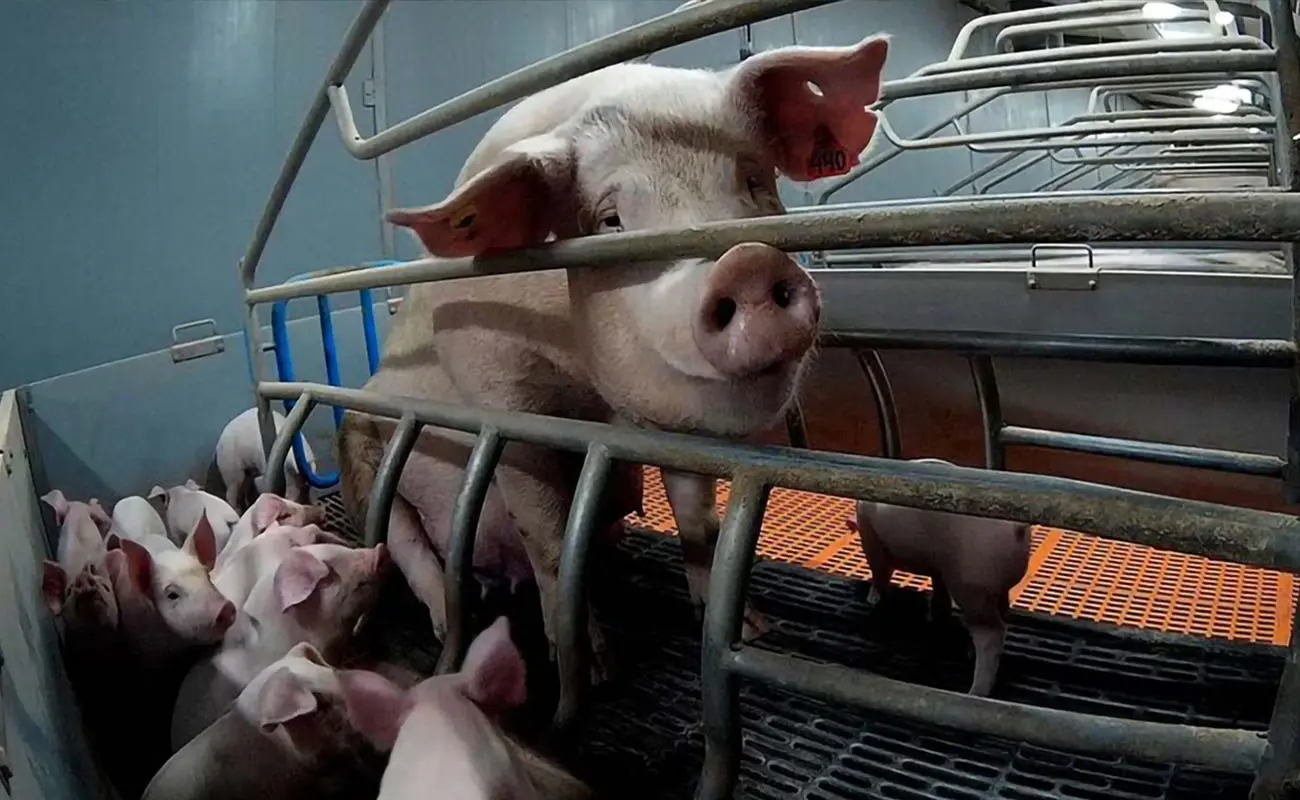Андешидани чораҳо ин аст, ки огоҳӣ ба тавонмандӣ табдил меёбад. Ин категория ҳамчун харитаи роҳ барои шахсоне хизмат мекунад, ки мехоҳанд арзишҳои худро бо амалҳои худ ҳамоҳанг созанд ва иштирокчиёни фаъоли бунёди ҷаҳони меҳрубонтар ва устувортар шаванд. Аз тағйироти тарзи ҳаёти ҳаррӯза то кӯшишҳои васеъмиқёси таблиғот, он роҳҳои гуногунро ба сӯи зиндагии ахлоқӣ ва тағироти системавӣ меомӯзад.
Фарогирии доираи васеи мавзӯъҳо - аз ғизои устувор ва истеъмоли бошуурона то ислоҳоти ҳуқуқӣ, маорифи ҷамъиятӣ ва сафарбаркунии омма - ин категория воситаҳо ва фаҳмишҳои заруриро барои иштироки пурмазмун дар ҳаракати вегетарианӣ таъмин мекунад. Новобаста аз он ки шумо парҳезҳои аз растанӣ асосёфтаро меомӯзед, тарзи паймоиш кардани афсонаҳо ва тасаввуроти нодурустро меомӯзед ё дар ҷустуҷӯи роҳнамо оид ба ҷалби сиёсӣ ва ислоҳоти сиёсат, ҳар як зерфасл донишҳои амалиро пешниҳод мекунад, ки ба марҳилаҳои гуногуни гузариш ва ҷалби онҳо мутобиқ карда шудаанд.
Бештар аз даъват ба тағироти шахсӣ, Андешидани чораҳо қудрати созмондиҳии ҷомеа, тарғиботи шаҳрвандӣ ва овози дастаҷамъиро дар ташаккули ҷаҳони бештар дилсӯз ва одилона таъкид мекунад. Он таъкид мекунад, ки тағирот на танҳо имконпазир аст, балки аллакай рӯй дода истодааст. Новобаста аз он ки шумо навкоре ҳастед, ки қадамҳои оддиро меҷӯяд ва ё ҳимоятгари ботаҷрибае, ки барои ислоҳот ташвиқ мекунад, Андешидани чораҳо захираҳо, ҳикояҳо ва абзорҳоро барои илҳом додани таъсири пурмазмун таъмин мекунад - исбот мекунад, ки ҳар як интихоб муҳим аст ва мо метавонем як ҷаҳони одилонатар ва дилсӯзро эҷод кунем.
Истеҳсоли гӯшт яке аз саҳмгузорон ба таназзули муҳити зист, рондани тағирёбии иқлим, буридани иқлим, норасоии об ва экосистемаи экосистема мебошад. Аз партовҳои метан дар чорводорӣ дар чорводорӣ ба монанди Амазонка ба монанди Amazon барои чаронидани чаронидан ва ғизо, таъсири он ба сайёраи мо хеле зиёд аст. Аммо, тавассути қабули алтернативаҳои растанӣ, коҳиш додани истеъмоли гӯштӣ ва дастгирии ҳамаҷонибаи устувор, мо метавонем ба таври дастаҷамъӣ ба таври дастаҷамъӣ ба таври дастаҷамъӣ ба таври умум кор карда метавонем. Тағироти хурд дар интихоби ҳаррӯзаи мо қудрати муҳофизати гуногунии биологӣ ва мубориза бо мушкилоти мубориза бо Тимистрие, ки барои ҳама


























































